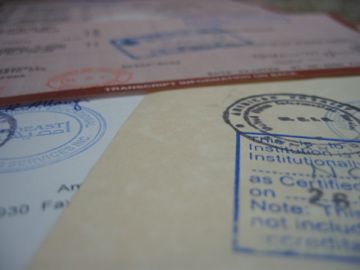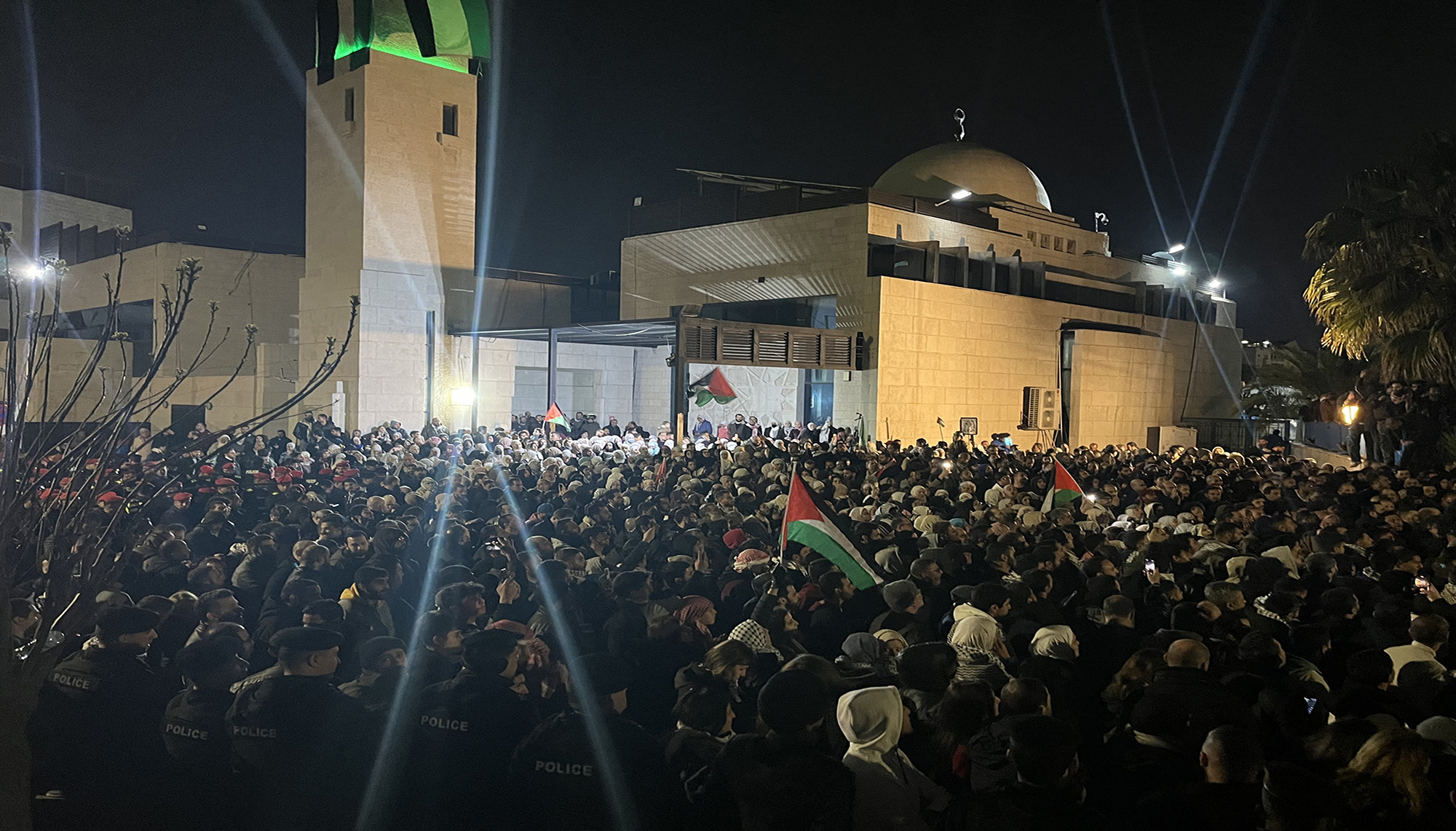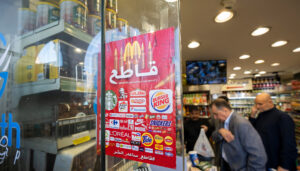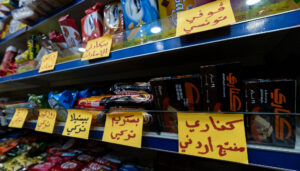Last week I decided to renew my passport and national ID card, as well as take out English copies of my birth and marriage certificates. I headed to the Civil Status and Passport Department early; it was the day after the Eid holidays and I anticipated a backlog of people and transactions.
I had blocked the entire morning for the process, not sure how long it would take or what might come up. I had not faced difficulties with these kinds of transactions in recent years, but there were always the stamps and long forms to consider and the ever-looming possibility they would send me to the Public Security Directorate in Tabarbour, and then back to First Circle to finish up the process.
I parked my car quite easily, which was a small miracle in itself, and headed in to the calls of the kiosk owners insisting that I needed their services, which as it turned out I did not. The process was, in fact, simple, clear, and well organized. A quick question at the reception landed me with a concise passport-renewal form, which I filled out and then took a number. There were around twenty people ahead of me, so I decided to check in next door to renew my National ID card. I filled in another short form and took another number.
I was unsure which to wait for first, so I went back to passports and checked back in on the National ID side a few minutes later, only to find my number had already been called. The clerk at the counter said I had to take another number and wait again because I had not answered when I was called, which though inconvenient for me, actually made me very happy!
I took another number and headed back to passports where, luckily, they called my number as I was walking in. From then on, the transaction took no more than five minutes, in which I paid JD 20 and was asked to come back in an hour to collect my passport. No stamps, no back and forth, no signature from the “Mudeer”. In fact nothing but a simple, straightforward process, which took no more than fifteen minutes. The clerks were polite and helpful, even friendly, and the people waiting in line were, for the most part, calm, collected and respectful of the process.
I headed back to the ID side and was called soon after. A short, painless process and less than fifteen minutes later and I had my new card. In the meantime, I had applied for the copies of the marriage and birth certificates and waited a little longer till I had them, and then I was all done. All in all, the process took around an hour.
There were only two small incidents of people raising their voices. One man who wanted to jump the queue at the passport reception desk and another who wanted to know in what order names would be called out for document collection, since he felt that those waiting for their IDs were getting them quicker than those waiting for certificates. In both cases, the clerks explained that everyone’s transaction held equal weight and no one’s time was more precious than anyone else’s, which frankly, is spot on.
Both these incidents were a result of the fact that those two particular processes-waiting at the reception, and waiting for your documents-were not bound by a number or a clear time-limitation. This goes to show that people are keen on order, and that they function well within a system that is fair, efficient and highly standardized. This is an important lesson to keep in mind when thinking about other issues that plague our society, and the ways in which we should tackle them.
The only draw-back I could see in the whole process was that the men in the kiosks-which at some point in time seemed indispensable to the flustered and harried citizen in need of engaging the government in any transaction-have been rendered somewhat superfluous, except for the odd need for a photocopy or an instant photo. This has me and other Ammani activists thinking about the next big thing for these men, who have served Amman well, and who are, as Nadine Toukan delightfully tweeted, our very own vintage Kinkos.
With my newfound confidence in the speed and efficiency of transactions still fresh in my mind, I headed to Orange to cancel a phone line. I had been avoiding this task, but was motivated by my earlier success to brave Orange, which has often given me reason to fume! To cut a long story short, a simple transaction took over half an hour, with delays caused by system failures, unmotivated staff, the need to go to four different people and then come back to the original person, who by that stage had given up and was on Facebook. Anyway, it was an unpleasant experience and one which had me thinking about how we have become lured and blinded by nice décor, air-conditioning and fake corporate niceties, only to realize that these amount to very little if there is no good system in place.
I tweeted about my day’s experience and shared it on Facebook, and was even more impressed to see how many people responded by saying that in their countries these kinds of government transactions were nowhere near as efficient. These included people from Europe, the US, and other Arab countries. I know for a fact that in the UK, you send your passport off for renewal and receive it back weeks later, that is if it is not lost on the way, which happened to my sister a few years ago. I also know that when I went to issue my Social Security card during my year in the US, they sent me home three times asking for more documents each time. Do not get me wrong, it does not make me happy to see red tape and bureaucracy hampering people’s progress anywhere, but I feel that sometimes we need to compare ourselves to others and see the good in what we have.
Whoever is behind the process at the Civil Status and Passport Department and other departments that perform this well- be it the person or people who develop the system, or the people who run and execute it-deserve recognition, praise and gratitude.
After all, while we applaud company CEOs on a regular basis, we know that they receive a handsome reward for their efforts to grow, streamline and compete, while a government employee does so only to fulfill his duty and serve the country.











